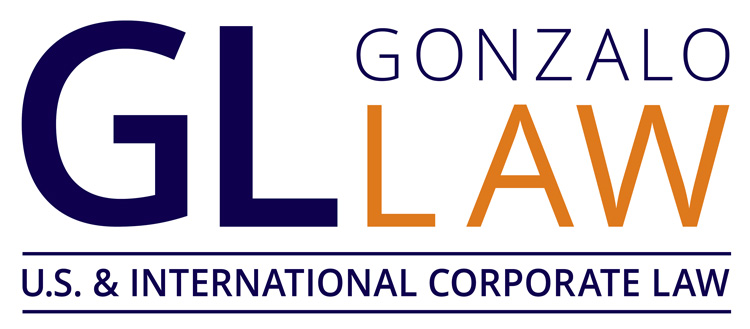
THE CHALLENGE:
If your company has obtained a judgement in a foreign jurisdiction, a question often arises. How can that same judgement be recognized in the U.S.?
FOREIGN JUDGMENTS DEFINED:
Foreign judgements are decisions from courts or judges from other states in the United States or from foreign countries. Foreign judgements from different states are enforceable without expense of litigation according to the 1964 Foreign Judgement Act. Laws regarding foreign judgements and their enforceability vary from state to state. However, foreign country orders are usually recognized in the United States as long as they have been fairly judged, and the defendant is aware of the claim.
THE SOLUTION:
When it comes to foreign country orders, the individual would have to prove its authenticity and fairness in order to prove reliable in a state court. The foreign country judgment must be proven valid and authentic with a certified copy issued by the court and a certified document translation. The document will be conclusive after proving the validity and authenticity of its decision only if it does the following:
- The foreign court must have jurisdiction over the defendant,
- The defendant must be a resident of the state throughout all of the time, and
- The foreign court must be impartial and offer due process of law.
If all of the above circumstances apply to the foreign country judgment, the state federal court will convert the foreign judgment into a U.S. judgment. The domesticated judgment may then be enforced in the United States.
CONCLUSION:
Some states require the principle of reciprocity in order to enforce foreign judgements. This means that if the foreign jurisdiction that first issued the judgment would not recognize a judgment from the State, then the State will also not recognize a judgment from the foreign country. An example of a state that requires this principle is the state of Ohio. In the Ohio federal court, under code section 2329.91 Enforcement of foreign country judgment, foreign country judgments are recognized to be enforceable just like a judgment from another state would be (full faith and credit). This is applicable only if the foreign country demonstrates the principle of reciprocity. Other than that, most states will decide by evaluating the requirements listed above and come to a decision on the enforceability of the foreign judgement.
Nouvelle Gonzalo is a U.S. and international corporate lawyer who works with companies across the globe. She is the managing attorney of Gonzalo Law LLC, a U.S. and international corporate law firm with offices in Florida and Ohio. In addition to the active practice of law, she has served as adjunct faculty at the University of Florida Levin College of Law where she has taught international corporate law for several years. She was recognized as a rising star by the national organization, Super Lawyers, in 2019 and 2020. Her practice areas include: international corporate law, intellectual property law, and nonprofit law.
Macarena Bazan is a current sophomore at the University of Florida majoring in Political Science and Business Administration with a specialization in Pre-Law. Macarena is a Legal Intern for Gonzalo Law a U.S. and International Corporate Law Firm, the Vice President of the University of Florida chapter of Phi Alpha Delta, and a member of the Honors College. She placed 3rd in the National Phi Alpha Delta Mock Trial competition and has received the President’s Honor Roll and Dean’s List throughout her college career. Macarena has been with Gonzalo Law since January 2020. She focuses on case research, drafting and editing contracts, and additional research.






